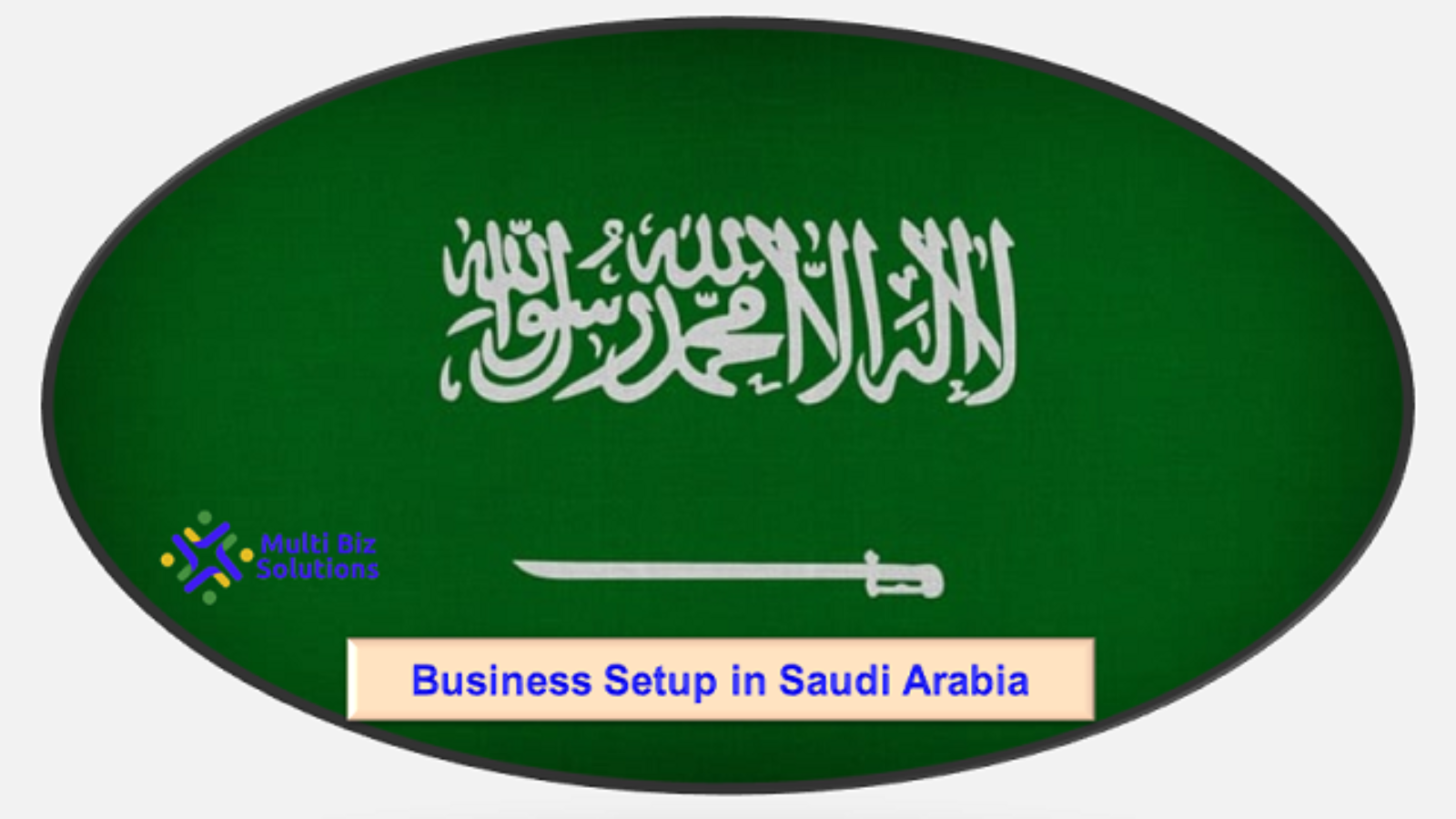Pros and cons of setting up a business in Saudi Arabia
The business setup in Saudi Arabia offers several advantages but also comes with certain challenges and considerations. Here are the pros and cons of establishing a business in Saudi Arabia:
Pros:
Strategic Location:
Saudi Arabia is strategically located at the crossroads of Europe, Asia, and Africa, making it an ideal hub for businesses looking to tap into regional and international markets.
Strong Economy:
The country has a robust and diversified economy, driven by oil production and a growing non-oil sector, which presents various opportunities for investment and growth.
Government Initiatives:
The Saudi government has launched several economic diversification and development programs, such as Vision 2030, aimed at reducing dependence on oil and encouraging foreign investment.
Tax Benefits:
As of my last update, Saudi Arabia does not impose personal income tax on individuals or corporate income tax on most businesses. There’s also no VAT on most basic goods and services.
Free Zones:
Saudi Arabia has established free zones (Economic Cities and Special Zones) that offer incentives like 100% foreign ownership, tax exemptions, and streamlined regulations to attract foreign investors.
Large Consumer Base:
Saudi Arabia has a significant and affluent consumer market with a growing middle class, making it an attractive destination for retail and consumer-oriented businesses.
Infrastructure Development:
The country is investing heavily in infrastructure development, including transportation, logistics, and communication networks, which can benefit businesses.
Cons:
Cultural and Social Norms:
Doing business in Saudi Arabia requires understanding and respecting the country’s conservative culture and Islamic traditions. Gender segregation and dress codes may apply in certain contexts.
Bureaucracy:
The bureaucratic processes for business registration and licensing can be time-consuming and complex, often requiring patience and local assistance.
Foreign Ownership Restrictions:
While free zones offer 100% foreign ownership, in other parts of the country, foreign ownership restrictions may apply, and local partners or sponsors may be required.
Labor Regulations:
Saudi Arabia has strict labor laws, including Saudization policies that mandate a certain percentage of Saudi nationals in the workforce, which can impact hiring practices.
Legal System:
The legal system in Saudi Arabia is based on Islamic law (Sharia), and navigating legal issues may require expertise in Islamic jurisprudence.
Competition:
Depending on the industry, there can be intense competition in the Saudi market, especially for foreign businesses.
Market Entry Costs:
Business setup in Saudi Arabia may involve significant upfront costs, including fees for licenses, visas, and capital requirements.
Cultural Adaptation:
Building strong business relationships in Saudi Arabia requires understanding local customs and norms. The concept of “wasta” (connections or influence) plays a significant role. Establishing trust and credibility is essential for long-term success in the Saudi market. Personal relationships often influence business negotiations and decision-making processes.
Before setting up a business in Saudi Arabia, thorough market research is necessary. Entrepreneurs should seek legal and financial advice to ensure compliance with regulations. Understanding industry-specific requirements helps avoid operational challenges. Staying updated on tax laws, foreign ownership rules, and economic policies is crucial. Adapting to regulatory changes ensures smooth business operations in the kingdom.


Add a Comment